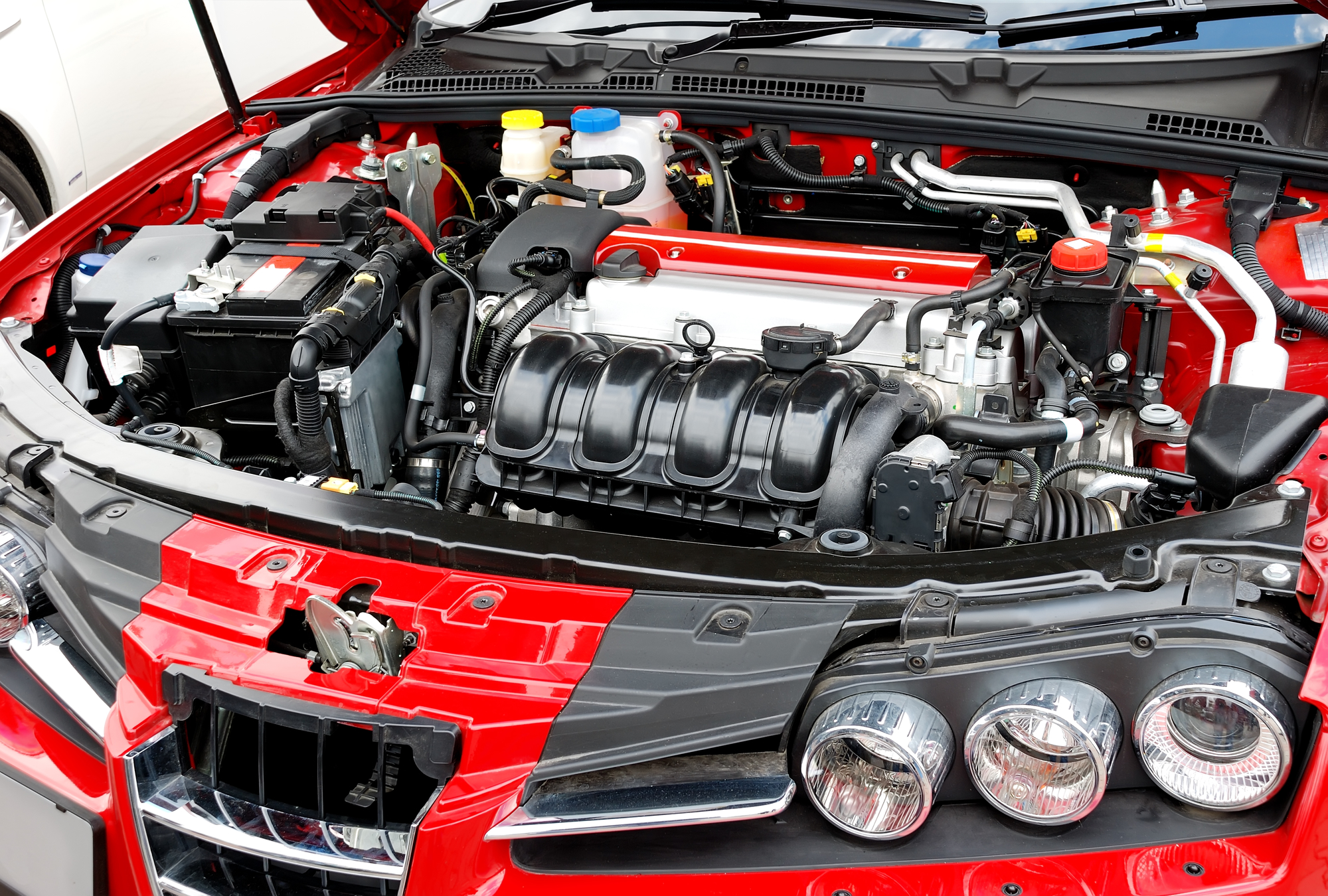Engine tuning is the process of modifying an engine’s operating parameters to achieve improved performance. Tuning can be done on a small scale, such as increasing or decreasing fuel injector timing, or on a larger scale, such as remapping engine sensors and altering throttle and camshaft positions. If you are also looking for an engine tuning service then browse this link now.

Image Source:- Google
There are various benefits to tuning an engine. On a small scale, tuning can improve performance by altering the way fuel is delivered to the engine. This can result in increased power and torque output. On a larger scale, tuning can improve overall fuel efficiency by altering the way the engine operates. This can result in decreased emissions and reduced fuel consumption.
There are several different types of engines that can be tuned, including gasoline engines, diesel engines, and hybrid vehicles. Each type of engine has its own unique set of parameters that must be adjusted in order to achieve optimal performance.
It is important to consult with a qualified mechanic before starting any engine tuning project in order to ensure proper safety precautions are taken and the project does not damage the vehicle’s underlying structure.
When you buy a new car, the manufacturer usually tunes the engine to deliver optimum performance and fuel economy. However, if you want to tune your own engine, there are several factors to consider.
The first step is to identify the problems with your engine. This can be done by taking a look at your car's maintenance records or by dyno testing your vehicle under different conditions. Once you have identified the issues, you will need to find out how much power and torque your engine produces under normal driving conditions.